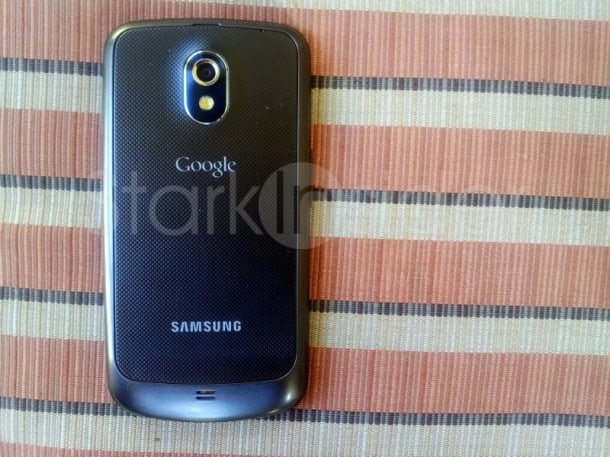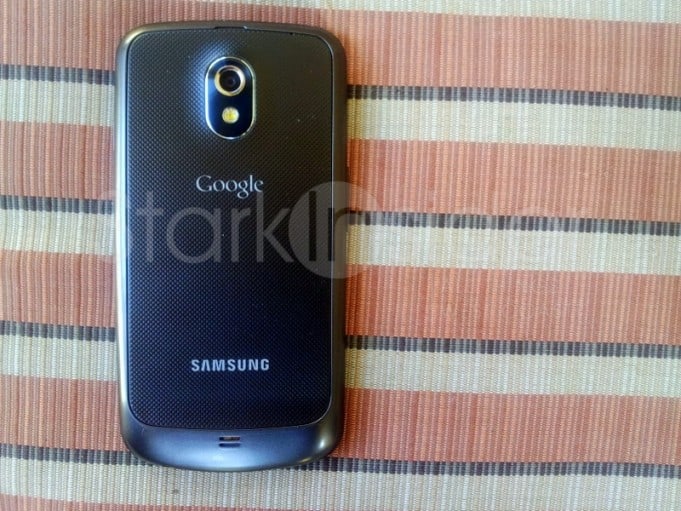
Unless your phone says “Nexus” on it, you’re not running true Android.
That was a statement made by Wired’s Anil Dash in an article (“Saving Android From a Second-Rate Future”) that argues that Google needs to get Android, despite its incredible market success, under control.
He says that almost no one is running a “true” Android phone, and estimates the number to be around 2% of the market. “So unless your phone says ‘Nexus’ on it, you’re not running true Android.”
What do you think, true or false?
Dash’s prescription for this ailment (if Google could only suffer so often – it’s stock is at an all-time high, and Android is dominating the mobile market) is to release one Android model — call it a Nexus Phone he suggests. Then put marketing muscle behind the phone, not the operating system. See Apple for that game plan.
True, Google, and its partners, would do well to market the phones and the benefits of the various features. The phenomenal success of the Samsung Galaxy S III this summer proves that the majority of consumers care about what they can do with the phone, not with performance benchmarks, and technical specs.
I disagree, however, on Dash’s assertion that the market needs one Android model, and should follow in Apple’s footsteps by focusing on a “Nexus Phone” so it can wrestle back control of its open source OS.
“Somewhere along the line, ‘open’ in Android became an excuse for Google’s hardware partners to chase arbitrary distinctions in their proprietary versions of the OS rather than focusing on phones that deliver a great user experience.”
But therein is the not-so-secret sauce. Android is winning because it is by nature customizable by manufacturers, can be retrofitted for a variety of platforms, and gives consumers far more choice (various price points, screen sizes, performance levels). To essentially copy Apple at this point would be to discard everything that’s work so far, and abandon all of Android’s strengths.
The obvious guess is that Google wants to have its cake, and eat it too. On the one hand it licenses Android to all comers (HTC, Samsung, Sony are among the biggest players). Yet, with the expanding Nexus line (we should see an expanded line-up announced around Thanksgiving possibly including the HTC Nexus 5), Google also wants to sell direct to the consumer (via the Google Play Store) and deliver what Dash refers to as the “true” Google experience. Or we might call it the “pure” Android experience as we do when celebrating a skin- and bloat-free Android experience sans TouchWiz (Samsung), Sense (HTC) and Blur (Motorola). Semantics aside, it would appear that Google’s strategy is going gangbusters so far; it’s a slippery slope, trying to appease your partners while also competing with them (via the Motorola Mobility acquisition), and yet execution so far has been masterful. Saving is the last thing Android needs right now.
[Wired: Saving Android From a Second-Rate Future]


